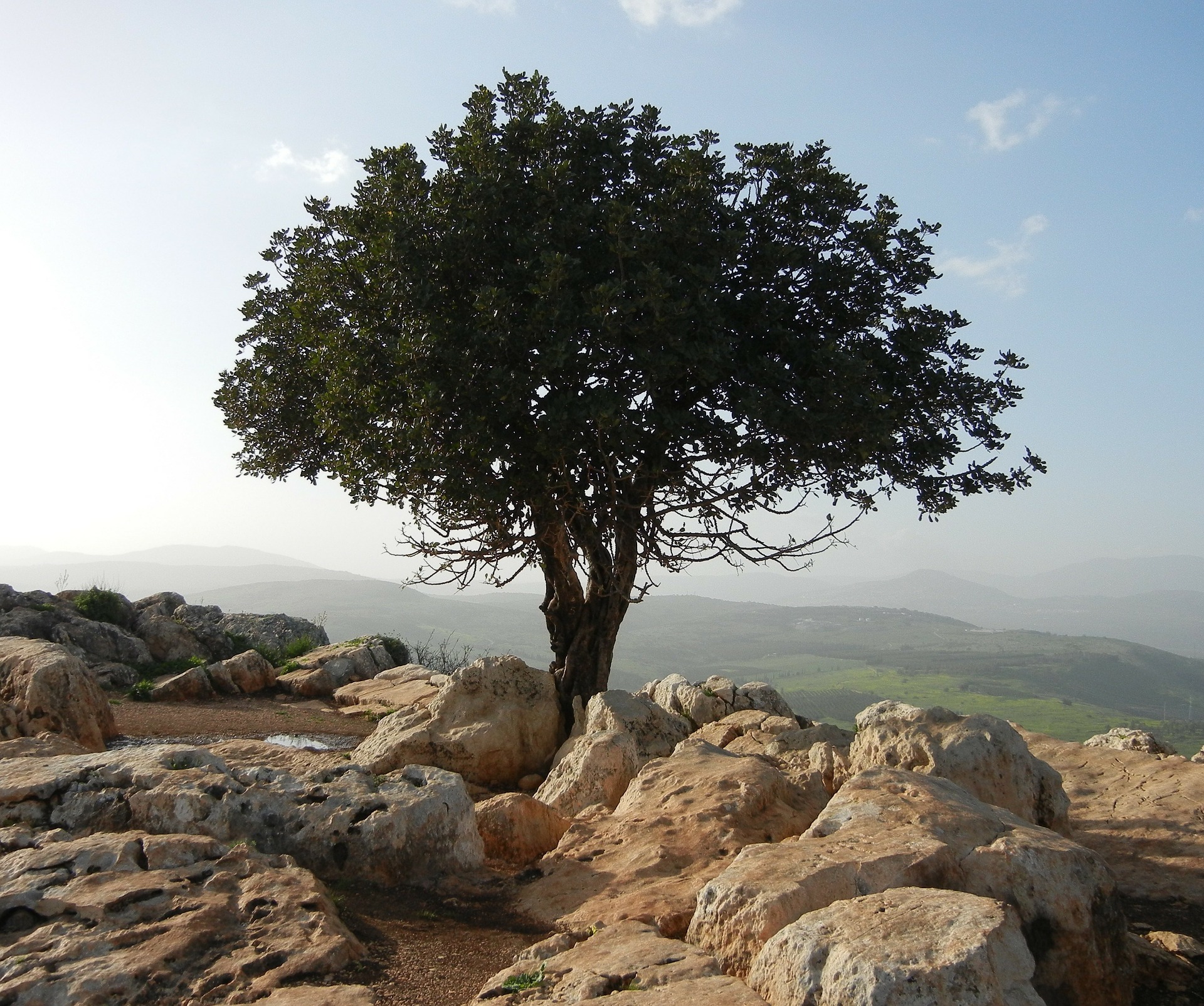
Riki's Story
Community
Meet Riki: an inspiring woman who is using her own experiences to improve the lives of Ethiopian-Israelis. Riki is the General Director of Hiyot, a non-profit chosen by the Ethiopian National Project to operate select Youth Outreach Centers in the north of Israel.Riki and her family came from Ethiopia to Israel in 1984. During this time, an estimated 13,000 Ethiopian Jews traveled from Ethiopia and across Sudan in the hopes of reaching Israel; almost 4,000 died along the way. Here, Riki recounts her family's experience, and what motivates her to do this work.
In Ethiopia, we lived in a village of Jews. We all lived together to retain our identity and to keep our Judaism; the only other option was to live in the city, where the risk of assimilation was very high. My grandfather was a Kes, a rabbi. Every Shabbat he would tell us the story about the journey in the Torah from Egypt to Israel. Our desire to live in Jerusalem was very strong and we never gave up on our dream of moving to the Holy Land.
In 1984, we heard about the chance to come to Israel. There were six people in my family and we left everything - our land, our house, everything we owned. We made the journey to Sudan from Ethiopia on foot and we walked by night, to avoid being caught by the Sudanese army. We finally arrived at a refugee camp in Sudan and lived there for a year.
The conditions in Sudan were extremely harsh - we almost lost my brother. We were in Sudan, where it wasn't safe for Jews, and we had to hide our identity. There was a time when we had no money, no food, and even the water was contaminated. In fact, even after I arrived in Israel, it took me a long time to feel safe drinking tap water.
I'm grateful that no-one from my family died - I knew other families who didn't make it. When I look back, I don't know how we did it. But we had each other and were willing to take any chance to get to Israel.
After about a year of living in Sudan, I came to Israel all by myself, aged nine years old. I simply told myself, "I'm going to Jerusalem and I don't care what difficulties there may be along the way." But when I got to Israel, it was hard, and I missed my parents very much. I was in Israel for six months before my parents arrived at an absorption center in Eilat. As I had already learned a little Hebrew by then, I was the one who took responsibility for my parents.
It was very difficult to adjust, especially for our parents. We had lived an agricultural life in Ethiopia - we grew our own food. But we couldn't do that in Israel. And the men lost their authority. It was easier for the women to adapt and accept a culture of democracy and equality. But the men lost everything. Even today this is still a particularly sensitive issue and a challenge for the Ethiopian community in Israel.
My story is typical of many Ethiopian-Israelis' experiences. That's why through ENP programs we're working so hard to help the new generation of Ethiopian-Israelis. We want them to have every opportunity to succeed in this country.